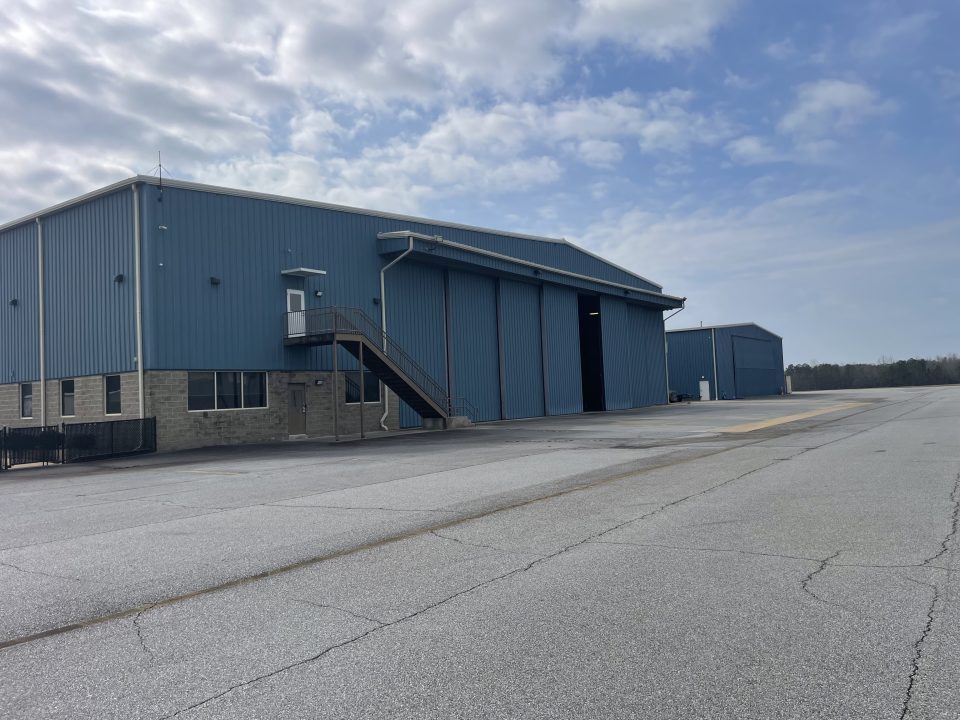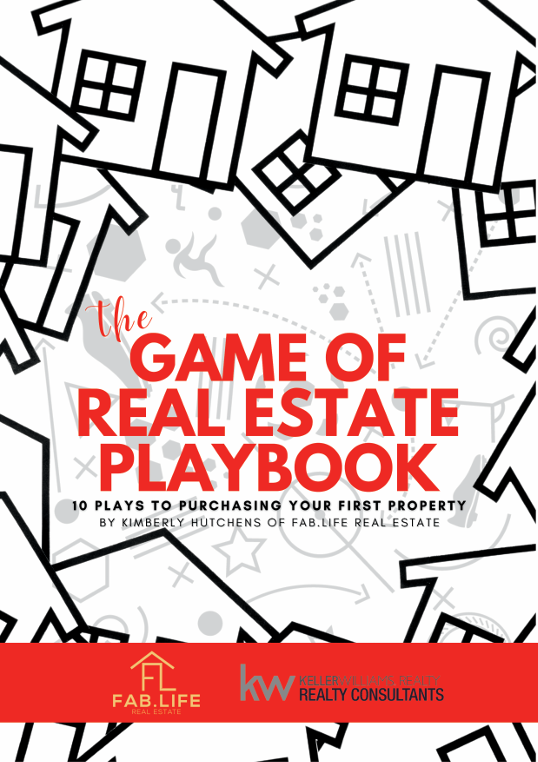In the evolving landscape of Atlanta’s real estate market, where skylines meet community aspirations, Kim Hutchens has redefined what it means to be a developer. With a profound understanding that real estate isn’t merely about transactions but transformation, her 14-year journey transcends traditional deal-making. Hutchens has masterfully woven together nonprofit leadership, small business development, and property expertise into a tapestry of community-focused development. From a strategic 30-acre acquisition in South Fulton to reimagining an airport hangar for film production, her portfolio reflects a deliberate balance between profitability and social impact. In an industry often driven by immediate returns, Hutchens stands apart by championing a philosophy where market intelligence meets community empowerment, proving that the future of real estate lies in purpose-driven development that builds both skylines and social equity.

Success in modern real estate requires distinct “superpowers” that set professionals apart. What unique skills or strengths have defined your career, and how have they shaped your approach to real estate?
One of my biggest strengths is the ability to see the bigger picture while also crafting real, actionable solutions. I’m not just thinking about closing deals—I’m looking at how investments impact communities long-term. My background in nonprofit leadership, small business development, and real estate has allowed me to merge those worlds in a way that drives economic growth while prioritizing underserved communities.
I’ve spent over 14 years connecting investors with opportunities that go beyond profit—opportunities that create lasting economic stability in Metro Atlanta. For example, a recent 30-acre land acquisition in South Fulton was a balancing act between profitability and community impact. Deals like that keep me energized because they’re not just transactions—they’re transformation.
How do you navigate the challenges of fluctuating interest rates while maintaining strong deal flow?
Honestly, market shifts are inevitable, but they create both challenges and opportunities. Interest rate fluctuations might cause uncertainty for some, but for seasoned investors, they can signal a chance to acquire properties strategically.
I work with a diverse range of clients—from new investors to seasoned developers—so I tailor my approach based on their needs. My strategy? Education, adaptability, and diverse financing options. I stay ahead by continuously learning, leveraging creative deal structures, and keeping clients informed so they can make smart, timely decisions.
How have you built strong relationships with lenders to develop a robust financing pipeline?
For me, it’s all about trust, collaboration, and proactive engagement. I don’t just reach out when I need funding—I maintain ongoing relationships with banks, credit unions, private lenders, and institutional investors.
I involve lenders early in the process—sharing business plans, feasibility studies, and market data—so they see the viability of a project upfront. That approach has helped me build a financing network that meets the diverse needs of my clients.
How have you built your professional network to include developers, lenders, and other crucial stakeholders?
My network is built on collaboration and alignment. I work closely with developers, architects, lenders, brokers, and economic development leaders to ensure deals come together efficiently.
For example, in Fulton County, I’ve worked alongside attorneys, feasibility consultants, and retail strategists to navigate zoning approvals and community alignment. Having the right people at the table from day one makes all the difference.
How do you establish yourself as a valuable partner in real estate projects?
I bring market intelligence, investor relationships, and strategic vision to every deal. Investors and developers want partners who de-risk projects, and I do that by identifying emerging markets, securing prime land and fostering relationships with stakeholders.
Right now, I’m managing a property for a client, an underutilized airport hangar, that has the potential to be marketed to film and tv production companies. This project allows me to expand my expertise into new territories, demonstrating my ability to learn, adapt, and provide innovative solutions—qualities that make me a valuable asset.
What are three critical insights you wish you had known before entering real estate?
- Real estate is about relationships as much as numbers. Early on, I focused on deal structure and financing, but I’ve learned that trust and partnerships are just as important.
- Technology is a game-changer. I underestimated proptech, AI and market analytics early in my career, but now, I actively use them to accelerate deal flow and make smarter decisions.
- Community impact drives long-term success. It’s not just about transactions—it’s about creating projects that have lasting value.
How do you integrate proptech while maintaining strong relationships?
I believe technology removes barriers and enhances efficiency in real estate. I use AI-driven market research, digital property analysis and CRM automation to streamline processes.
Technology plays a key role in reaching a larger audience and I leverage my marketing background to expand that reach even further. Recently, I wrote an e-book, The Game of Real Estate Playbook, to guide others on their real estate journey.
That said, real estate is still a relationship-driven business. Technology supports my work, but it doesn’t replace face-to-face meetings, networking and trust-building.
What real estate skills will be critical in the next decade?
- Data-driven decision-making—Big data and AI will dominate investment forecasting.
- Sustainability & Smart Development—Future projects will need green building and community-focused urban planning.
- Alternative Financing & Tokenization—Blockchain and decentralized finance (DeFi) will change how we fund deals.
To stay ahead, I’m constantly learning, engaging with industry leaders, and integrating these trends into my work.
How do you measure success beyond transaction volume? What legacy do you hope to leave?
For me, impact outweighs transaction volume. My projects must drive economic growth, enhance quality of life and create lasting value.
I aim to bridge investment opportunities with community needs so underrepresented areas get high-quality, thoughtful development. My work also allows me to support The Ludacris Foundation, Out of Hand Theater (where I serve on the Board), and invest in technology and visual storytelling.
My legacy? Transformative, purpose-driven development that strengthens communities for generations.
What opportunities do you see for reshaping communities and building generational wealth?
Land is finite—so securing it now is key. As populations grow and age, housing needs are shifting. Seniors are downsizing, relocating to retirement-friendly areas, and seeking more accessible housing.
This transition is creating one of the largest housing shifts in history. Success in today’s market requires creativity, collaboration and a long-term vision rather than quick wins. The real opportunities lie in developments that serve both economic and demographic needs.
What was your most significant leadership challenge, and how did it transform your business approach?
Breaking through exclusive spaces controlled by gatekeepers has been a major challenge. These “good ole boy” networks can make it difficult to gain access to key information and opportunities.
Rather than accepting barriers, I’ve had to be creative, persistent, and strategic. This challenge taught me never to take no for an answer and reinforced the importance of fearlessness, allyship, clear communication, and goal alignment.
The biggest takeaway? Success requires tenacity, adaptability and building strong, strategic relationships.
To start your real estate journey go get the e-book on Amazon: The Game of Real Estate Playbook: https://a.co/d/3RXYvMI


















